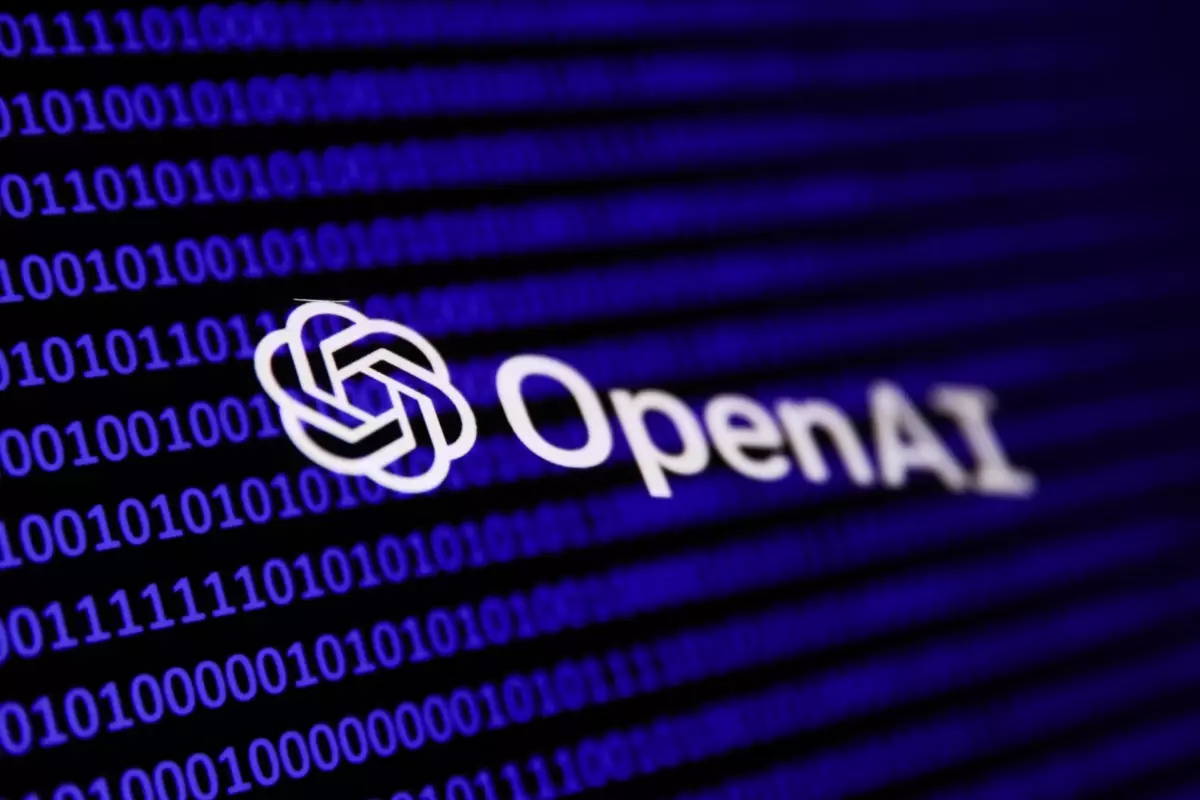In an unexpected encounter of tech titans, Meta, the parent company of Facebook, has taken a firm stance in support of Elon Musk’s bid to prevent OpenAI from transforming into a for-profit organization. This move highlights not only rivalries among high-profile companies but also underscores the significant ramifications such a shift could have on the artificial intelligence sector. OpenAI, which has made substantial strides in AI development, transitioning from a non-profit model with altruistic motivations, is now at the crossroads of monetary gain and ethical considerations.
According to The Wall Street Journal, Meta articulated its concerns in a letter directed at California Attorney General Rob Bonta, emphasizing the potentially massive consequences for Silicon Valley should OpenAI’s business model change. The tone of the letter reflects a deeply entrenched concern over market dynamics and ethical AI development. Meta’s assertion that Musk and Shivon Zilis, a former member of OpenAI’s board, are well-suited to advocate for the interests of Californians suggests a tactical alliance formed against a common adversary.
The letter raises significant points regarding the implications for investors and competition within the tech ecosystem. Meta claims that allowing OpenAI’s transition to a profit-oriented model would enable non-profit investors to enjoy similar financial benefits as traditional investors while still engaging in philanthropic tax strategies. This notion invites a complex conversation around the ethics of profit-making in a domain that is often viewed through a lens of social responsibility and innovation for humanity’s benefit.
The intrigue deepens considering Musk’s history with OpenAI. Having co-founded the organization with noble intentions aimed at ensuring the safe and responsible development of AI, Musk’s eventual divergence, which birthed his venture xAI, illustrates the complexities and contentions surrounding AI leadership and governance. His legal actions, including seeking an injunction against OpenAI’s shift, reflect deeper issues about ownership, direction, and the potential monopolization of the AI industry.
Moreover, Meta’s involvement marks it as a key player embroiled in the competitive race for AI dominance, aiming to position itself not merely as a social media company but as a prominent tech pioneer. As companies like Meta and Musk’s xAI jockey for position, the future of AI could be shaped not just by their technological capabilities, but also by battles over regulatory frameworks and ethical principles.
The larger discourse surrounding OpenAI’s shift is pivotal in examining how emerging technologies evolve within a profit-driven framework. As society grapples with the ethical implications of AI technology, the outcomes of this tussle may serve as a bellwether for how future innovations are governed and shared.
Meta’s endorsement of Musk’s stance against OpenAI’s transition manifests the complexities inherent in the evolving AI landscape. The rivalry underscores fundamental questions about the future of artificial intelligence, balancing profit with ethical responsibilities, and the interplay among influential stakeholders in Silicon Valley. As the situation develops, it will be essential to monitor how these dynamics shape the trajectory of AI development and regulation.

